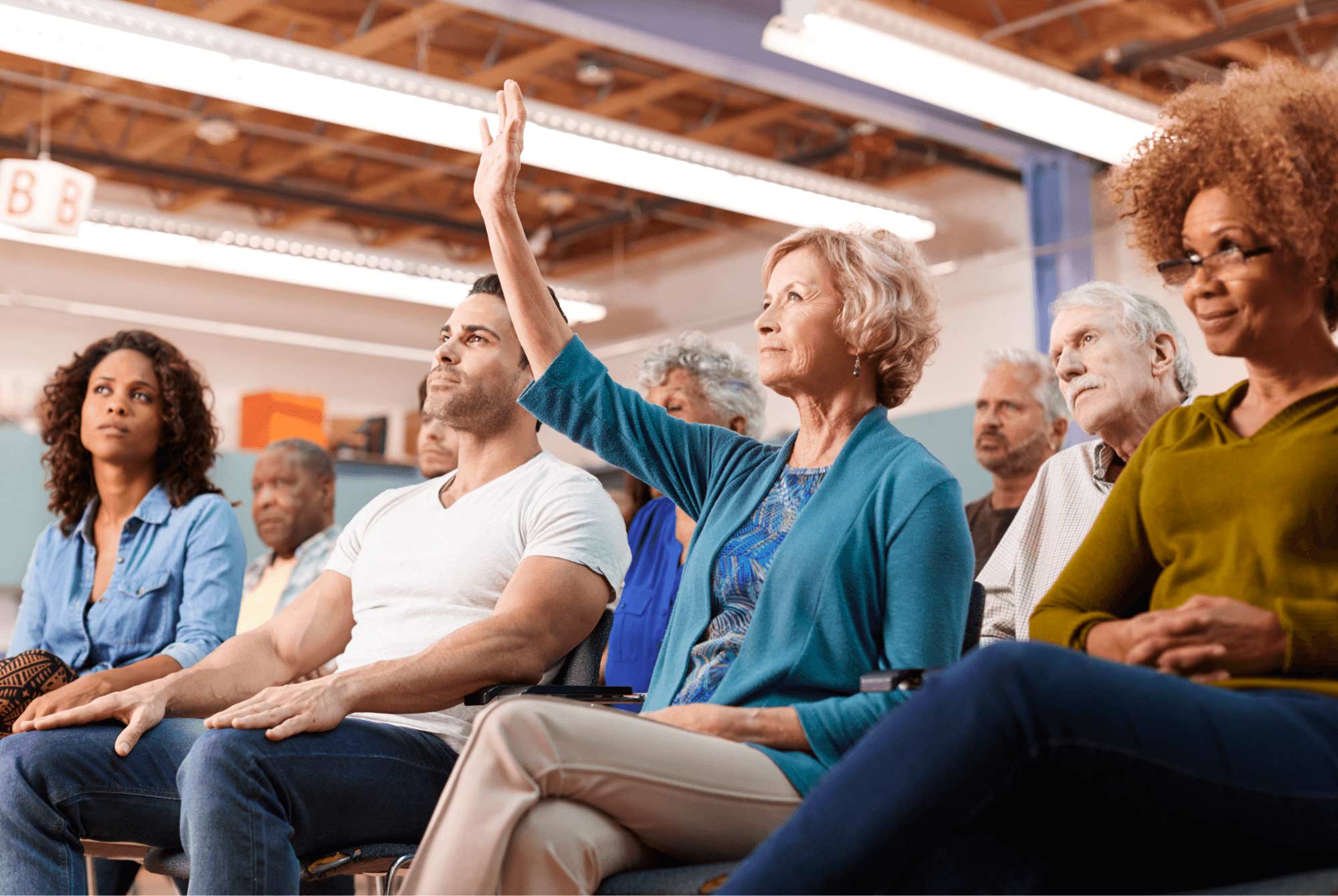The key to success in any endeavor is sustainability. At Galvanized Strategies, our team can provide education and training to improve your ability to effect change long after your engagement with our firm. Our team of sought-after speakers, educators, and trainers offer training in the following areas:
- Career, Education & Life Planning
- Healthcare and Public Health
- Intergenerational Relationships
- Advocacy & Legislative Reform
- Community Engagement
Learn more by exploring the speeches, education sessions, and training options listed below.

Career, Education & Life Planning

Three Strides Forward: A Strategic Career Planning Primer – Three 60 to 120 minute sessions
Life can be challenging. Our problems seem to come in waves and our world can feel like it is spiraling out of control. When you feel like you are moving backwards, the key is to stop what you’re doing, turn around, and move forward in another direction. Sounds simple, right? But it can be very difficult if you don’t know where to begin. That’s precisely what we do in Three Strides Forward, a three-session facilitated discussion to begin understanding the critical decisions that can help us get back on track and prepare us to begin pursuing a successful life. This exercise will help you better understand yourself and give you a roadmap for rapidly improving your circumstances.
The Three Strides Forward program is a primer for the Strategic Career Planning: A 10-Step Guide to Realizing Your Potential training series, a four-part, eight-hour program that has helped more than 4,000 people since 2010.
Vision, Mission & Values: A Personal Exploration of What Drives You – 60 to 120 minutes
This interactive discussion begins with attendees assessing their current position using a tool called a SWOT Analysis. This acronym stands for Strengths, Weaknesses, Opportunities & Threats. Attendees will be guided through the process of creating their own personal Vision, Mission & Values (VMV) statements to help guide their professional, educational and personal decision making. This session also helps attendees turn those VMV statements into effective elevator speeches and personal narratives to maximize impact in conversation, networking and interviews.
Goals & Planning: Mapping Yourself from Here to There – 60 to 120 minutes
In this discussion, attendees will explore those goals that must be met in order to achieve professional, educational and personal success in a thoughtful and strategic manner. By mapping the twists and turns necessary to reach those goals (steps), and identifying individuals who will help them along the journey, they will be able to find the most direct route to their destination. Attendees will emerge with a detailed map that will take them from where they are to where they want to be (achieving their vision).
In the Driver’s Seat: Effective Strategies for Maximizing the Mentoring Relationship – 60
to 120 minutes
This discussion addresses the importance of the mentoring relationship in the attendees professional, educational and personal development. It gives them helpful insight into five successful strategies for maximizing the mentoring relationship and stresses the importance of them (the protégé) setting the pace for mentor/protégé interactions. That is, it lets them in on the secret that protégé’s are in the driver’s seat and can take the mentoring relationship—and their career—anywhere they want it to go.
5 Steps to Building a Life of Consequence – 45 minutes
How do I make an impact for myself, my family and my community? This presentation begins to answer that question by laying out five proven steps for pursuing professional, educational and personal excellence—the building blocks for a life of consequence.
Healthcare / Public Health

Beyond the Walls of Health Care: Recognizing and Addressing the Impact of Social
Determinants of Health - 20 to 60 minutes
This presentation makes the case for health systems to examine the benefits and challenges of recognizing and implementing programs that address the impact of social determinants of health (SDOH) on patient health outcomes. Definition of and overview of the research around SDOH are provided, as well as a brief discussion of policy implications. Examples of different health system initiatives are also provided to share tools and best practices for health system consideration.
Clinical-Community Linkages in Health Care - 20 to 60 minutes
This presentation focuses on two different models of clinical-community linkage programs to improve outcomes for vulnerable patients – a Care Transitions model and a Community Information Exchange (CIE) model. The presentation will focus on the successes and challenges of such programs, and provide guidance for replication of these models across organizations. The presentation will also provide the “why” for these partnerships through a brief overview and description of the intersection of social determinants of health with patient outcomes and health care utilization.
Community Information Exchange (CIE) - 20 to 45 minutes
This presentation will describe the model of a Community Information Exchange (CIE) as an innovative, revolutionary technology that moves health systems towards proactive, person-centered care for its patients needing extensive support around social determinants of health (SDOH). The general model of a CIE is described, including its components, goals, and success factors. Special focus given to the San Diego CIE from 2-1-1 San Diego, and one health system’s experience utilizing the platform to address non-clinical barriers to health within its patient population.
Hunger and Health - 20 to 60 minutes
This presentation provides an overview of hunger (food insecurity) in San Diego (can revise to a different community as applicable), and a description of current research on the impact of hunger on health outcomes and health care utilization. Different models for hospital/health system food insecurity screening and interventions are discussed, as well as opportunities for hospital advocacy around access to healthy food.
Health Equity lecture - 60/90/120 minutes
This discussion-heavy, lecture-style presentation (can be adjusted, depending on audience) describes health equity/disparities from the perspective of the healthcare system, and explains the relationship between social factors (including SDOH) and health equity. The presentation also includes a description of the community health needs assessment (CHNA) process in CA and the evolution of health equity within the countywide collaborative CHNA in San Diego.
Various “hot-spotting” programs (e.g., Camden Clinic, etc.), including successes and challenges are highlighted, including a special focus on one San Diego hospital’s “hot-spotting-like” program.
Community Health Needs Assessments in CA (San Diego specific) - 20 minutes (could
extend to 60 minutes if include implementation strategies)
This presentation provides an overview of Community Health Needs Assessments (CHNA) in CA, with a special focus on San Diego. Elements include the history and evolution of the CHNA since the Affordable Care Act, a description of the required components of the CHNA, and examples of community engagement and partnership strategies that hospitals may consider in the development of their own CHNAs. May also discuss the impact of COVID-19 on current CHNA efforts (if desired).
EMS Insights: Reflections on Life in the Field – 60 to 120 minutes
This presentation distills the knowledge, insight and lessons learned from years serving as a professional rescuer and Emergency Medical Services (EMS) field training officer into ten lessons for the next generation of Emergency Medical Technicians (EMTs) and paramedics.
Punctuated by stories that range from the humorous to the tragic—and everything in- between—this presentation is a fan-favorite at EMS training programs.
Mental Health Policy & Practice Reform: A Local, State & Federal Perspective – 60 to 120
minutes
This presentation explains the complex puzzle that is the behavioral health system in California and brings forward innovative ideas for reform at all levels of government and in the public and private sector.
Intergenerational Relationships

Advocacy & Legislative Reform
Advocacy 101: Essential Insight for Influencing Public Policy – 45 to 60 minutes
Whether you are seeking to change federal law, working to get a stop sign installed in your neighborhood, or asking your boss for a raise, the ability to effectively advocate is an essential skill. In Advocacy 101, attendees are presented with insight and perspective on influencing local, state and federal policy–and legislator action; helpful hints on getting what you want/need; and will equip you with the information necessary to avoid costly mistakes and wasted time.
Advocacy 102: Advocacy Simulation Lab – 60 to 120 minutes (depending on number of
participants)
First impressions are key to establishing strong relationships with elected officials—and those relationships can lead to legislative action. Wouldn’t it be nice to practice before heading to the Capitol for your advocacy meeting? Well now you can. Building upon the lessons of Advocacy 101, facilitators will run an Advocacy Simulation Lab for your organization/class in which current and past legislators and legislative staff members take simulated meetings (Zoom or in-person) with you and your team so you can practice your pitch in advance of the big game. The Advocacy Simulation Lab includes written and verbal feedback from legislator/legislative staff to help you elevate your performance and improve the likelihood of success.
Tragedy Creates an Army - 45 to 60 minutes.
Tragedy Creates an Army tells the story of how one woman’s death due to negligence and neglect at an assisted living facility led to the passage of one of the most comprehensive legislative reform packages in a generation in California. Presented by one of the leaders of the effort, her grandson, Aaron, this presentation inspires hope for those seeking to tackle seemingly insurmountable odds.
Mental Health Policy & Practice Reform: A Local, State & Federal Perspective – 60 to 120
minutes
This presentation explains the complex puzzle that is the behavioral health system in California and brings forward innovative ideas for reform at all levels of government and in the public and private sector.
Community Engagement

